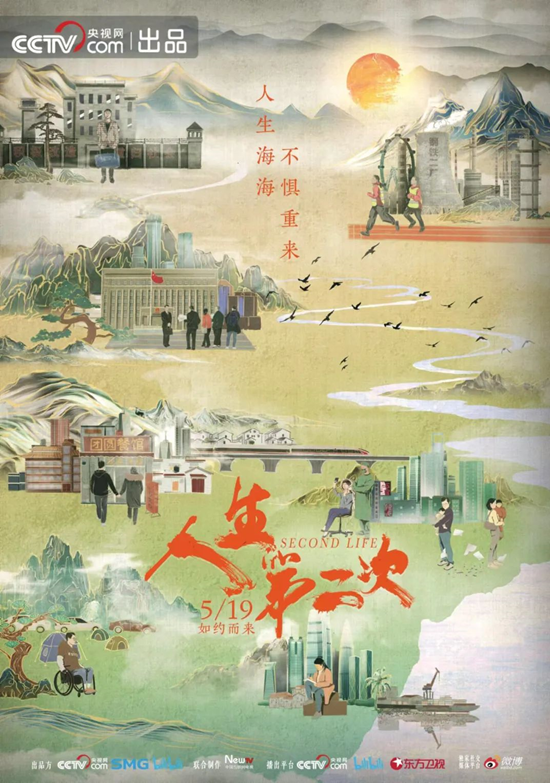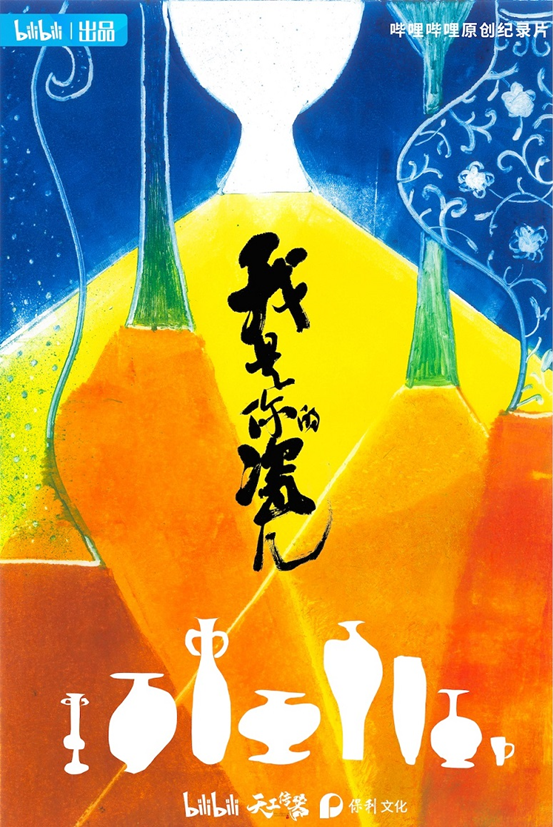By Zhou Feiya, People's Daily
A plain-Jane documentary jointly produced by CCTV.com and Shanghai Media Group (SMG) this summer surprisingly gained over 600 million online views, and topics related to the film made it into the lists of top trendy hashtags on social networking platforms nearly 100 times.
Besides, the documentary, aired on SMG's Dragon TV, was also the most watched program among all TV shows broadcasted during the same hours on all provincial-level satellite TV stations.
It made a huge buzz because of its high quality and also the strong preference for documentaries among today's young people.

The documentary, titled “Second Life”, is about conquering setbacks and embracing a new life. It presents ordinary people's confusion and reflection when they face major life transitions, as well as their resilience and courage to start over.
The directors of the documentary once worked in journalism. They are acute observers of social issues. The documentary probes into social problems and has a high sense of social responsibility. It reveals the width and depth of our times, and shows humanistic care.
The production team of the documentary spent an average of 1.5 years filming each of the figures, and the 8-hour work was cut and edited from more than 10,000 hours of video materials.
The documentary tells the viewers that all the figures in it are striving to live the life they want, just like every one of us. Such sympathy is precious, especially in today's world. It is soothing and inspires people to be kind to each other.
Documentaries have entered their prime in China over recent years. Lately, a five-episode documentary about the making of porcelains was launched on Bilibili, a Chinese video sharing website. It depicts the charm of handmade porcelain wares by introducing the history of porcelain ornaments. The documentary was played 24.35 million times on the website and scored 9.8 out of 10.

There was even a chemical enthusiast posting a long review of the documentary in the comment section, explaining the film from a pure chemical perspective. The page where the film is played has become a hot zone in which porcelain lovers, history fans and chemical enthusiasts gather.
Genuineness is what makes documentaries successful, and that's well indicated by the frequently quoted line that there's more to life than books.
What kind of genuineness is recorded in a documentary, and whether it shows respect to the world and people that are filmed, mirrors the thoughts of its producers. That's the most important part of a documentary.
People tend to be sympathetic toward things they are familiar with and be interested in things that are strange to them. That's an area of expertise for documentaries. For instance, social and cultural documentaries present people's daily lives, while those aiming at science popularization introduce novel fields. The better ones can even combine the familiar and the strange in a well-coordinated manner.
Today's young people have a broad horizon, rich experiences, and a higher level of aesthetic appreciation. Documentaries on great topics will definitely be welcomed by them.


